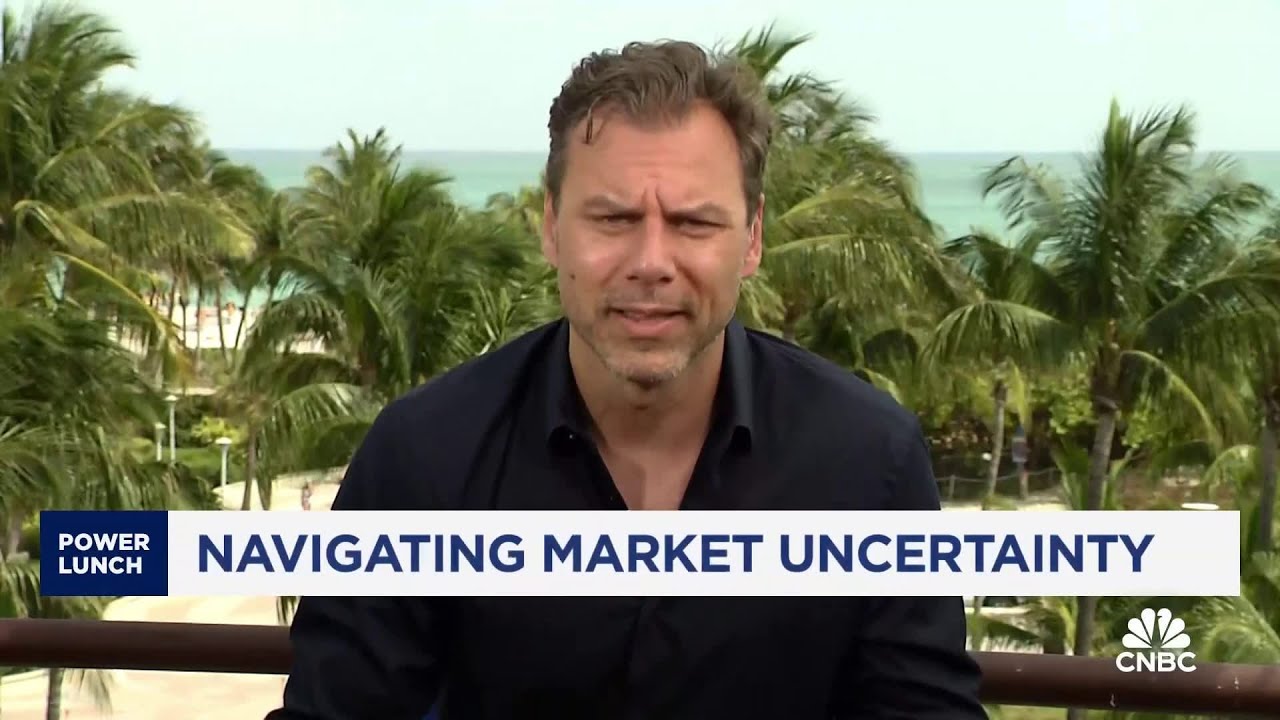In a discussion at the Future Proof Conference, Goldman Sachs’ Brian Lake emphasized the importance of maintaining a well-structured portfolio that includes private assets to navigate current market volatility, while advising investors to stick to their long-term strategies. He also noted that advancements in artificial intelligence are contributing to market fluctuations, prompting a reevaluation of major tech stocks and highlighting the growing appeal of active management and strategies like direct indexing among ultra-high-net-worth individuals.
In a recent discussion at the Future Proof Conference, Brian Lake, the Chief Transformation Officer at Goldman Sachs Asset Management, addressed the current market volatility and its implications for investors. With the Dow experiencing its worst week in two years and the Federal Reserve meeting approaching, investors are seeking guidance on how to effectively allocate their funds. Lake emphasized the importance of having a well-structured portfolio that can withstand market fluctuations, suggesting that incorporating private assets such as private credit, private equity, infrastructure, and real estate can help smooth out volatility.
Lake advised investors to stick to their long-term game plans during turbulent times rather than making drastic changes to their portfolios. He highlighted that market downturns are expected and that a solid investment strategy should account for these fluctuations. While there may be opportunities to rebalance portfolios, the focus should remain on long-term outcomes rather than short-term market movements.
When discussing the behavior of ultra-high-net-worth individuals during market downturns, Lake noted that they often have a higher tolerance for risk and may seek alternative investment opportunities. He mentioned that direct indexing is a strategy gaining traction among this demographic, allowing for rebalancing that can generate losses while still maintaining exposure to stocks. This approach can potentially offset gains in the future, providing a strategic advantage.
Lake also highlighted the growing interest in active ETFs, which allow portfolio managers to actively identify and capitalize on market opportunities. He pointed out that these active strategies are particularly appealing during volatile periods, as they can help investors navigate the market more effectively. For instance, Goldman Sachs has launched an active small-cap ETF that focuses on identifying promising small-cap stocks amidst the current market conditions.
Finally, Lake attributed some of the recent market volatility to a potential regime change driven by advancements in artificial intelligence. He noted that the market is reevaluating how to price major tech stocks that have previously dominated returns. This shift is leading to a broader market landscape, where active management can play a crucial role in identifying opportunities for alpha generation and providing downside protection during uncertain times.
